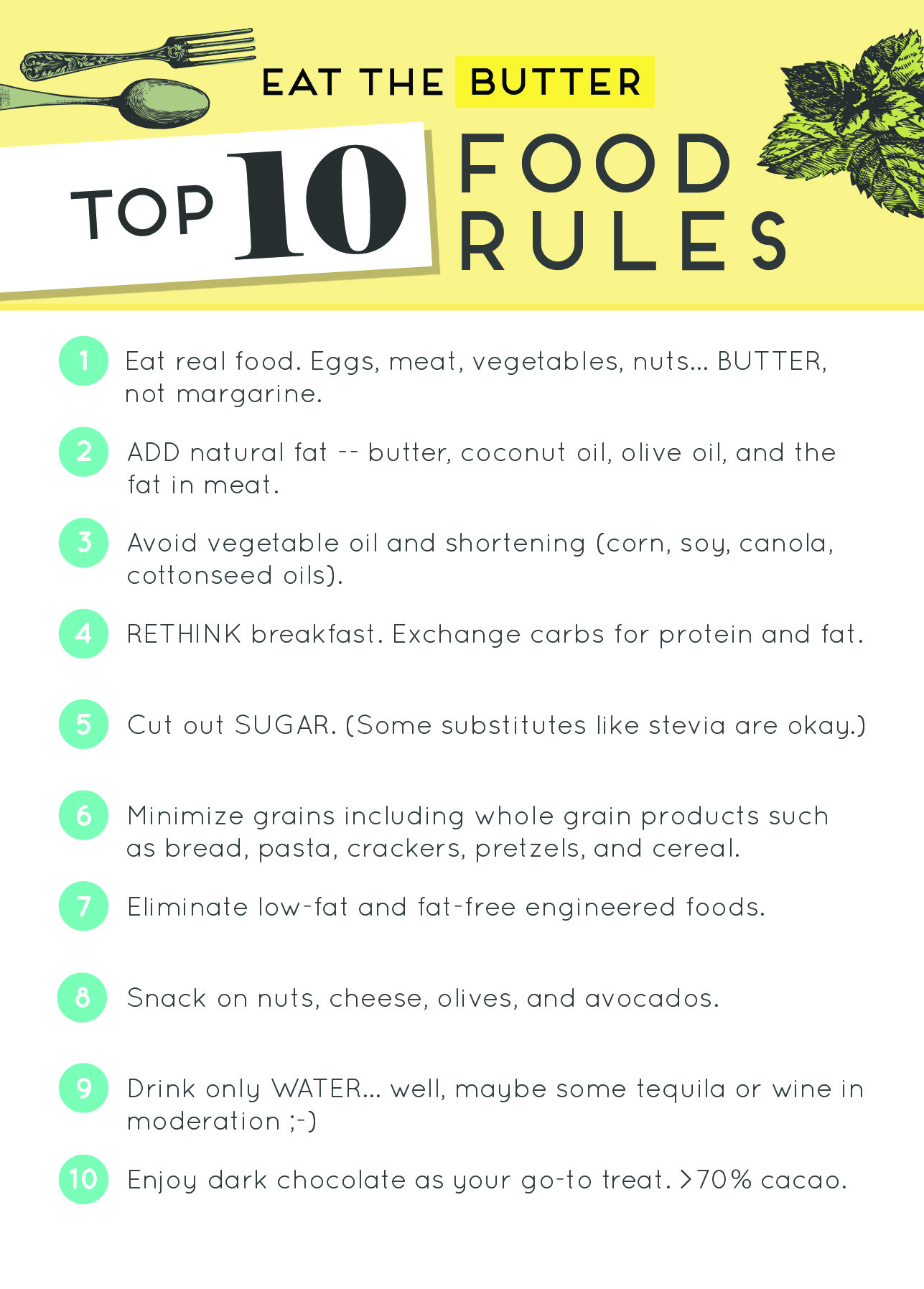The Obama administration took on obesity. Michelle Obama, a widely admired first lady, made combating childhood obesity a central part of her legacy. The Let's Move campaign was founded. School gardens were planted. A portion of the White House lawn was converted to an organic garden. In spite of earnest effort and well-intended, high-level attention, little real progress was made.
In last Thursday's edition of US News and World Report, staff writer Kimberly Leonard reflects on the Obama Administration's victories and failures, and what's to come:
"...Progress against obesity has been limited, and rates among adults continued to climb from 33.7 percent when Obama took office to 37.7 percent by 2014, according to the Centers for Disease Control and Prevention... [Although] national obesity rates among 2- to 5-year-olds declined from 13.9 to 8.9... [overall] rates of obesity didn't fall among young people, but growth appeared to slow..."
"Many nutrition advocates believe the initiatives should continue, saying that progress will take more than eight years and will require even more federal investment."
Hmmm... eight years of moving in the wrong direction, and nutrition advocates want to stay the course? What?
School gardens are lovely. So is Michelle Obama. But perhaps there has been no progress on obesity because the mainstream understanding of obesity is wrong. If the paradigm is wrong, the action steps are likely to be wrong, too, thus leading to bad results. It's time for a complete redirect, folks.
What if throwing a few more fresh vegetables (even home-grown vegetables) into a sea of refined food hardly makes a difference? What if cutting back on calories doesn't help for long term weight loss? What if exercise doesn't really work to take off pounds? What if sedentary behavior doesn't contribute to obesity, but rather, is caused by obesity?
Instead of pushing people toward more freshfruitandvegetables and away from saturated fat, instead of distracting people with an emphasis on exercise, what if we started over with a fresh, new idea: DON'T EAT PROCESSED CRAP.
Source: https://twitter.com/yoguruso
Let's look for some meaningful food sources in the modern diet that were consumed in much smaller portions 100 years ago. It's not hard to pick them out: sugar, processed grains, and refined vegetable oils.
Let's start there. Let's encourage people to cut way back on SUGAR, GRAINS, AND VEGETABLE OIL. In exchange, we'll encouraged a return to whole, full-fat vintage food. Like meat, fish, eggs, nuts... butter, olive oil, coconut oil... even lard. And cheese, cream, full-fat yogurt and whole milk. Veggies with butter! Just like grandma's table. But minus the Crisco.
We've tried hard with more fruits and vegetables, healthy whole grains, and plant-based low-fat. We've failed. Vintage eating worked 100 years ago. It will work again if we give it a chance. Let's move on.



